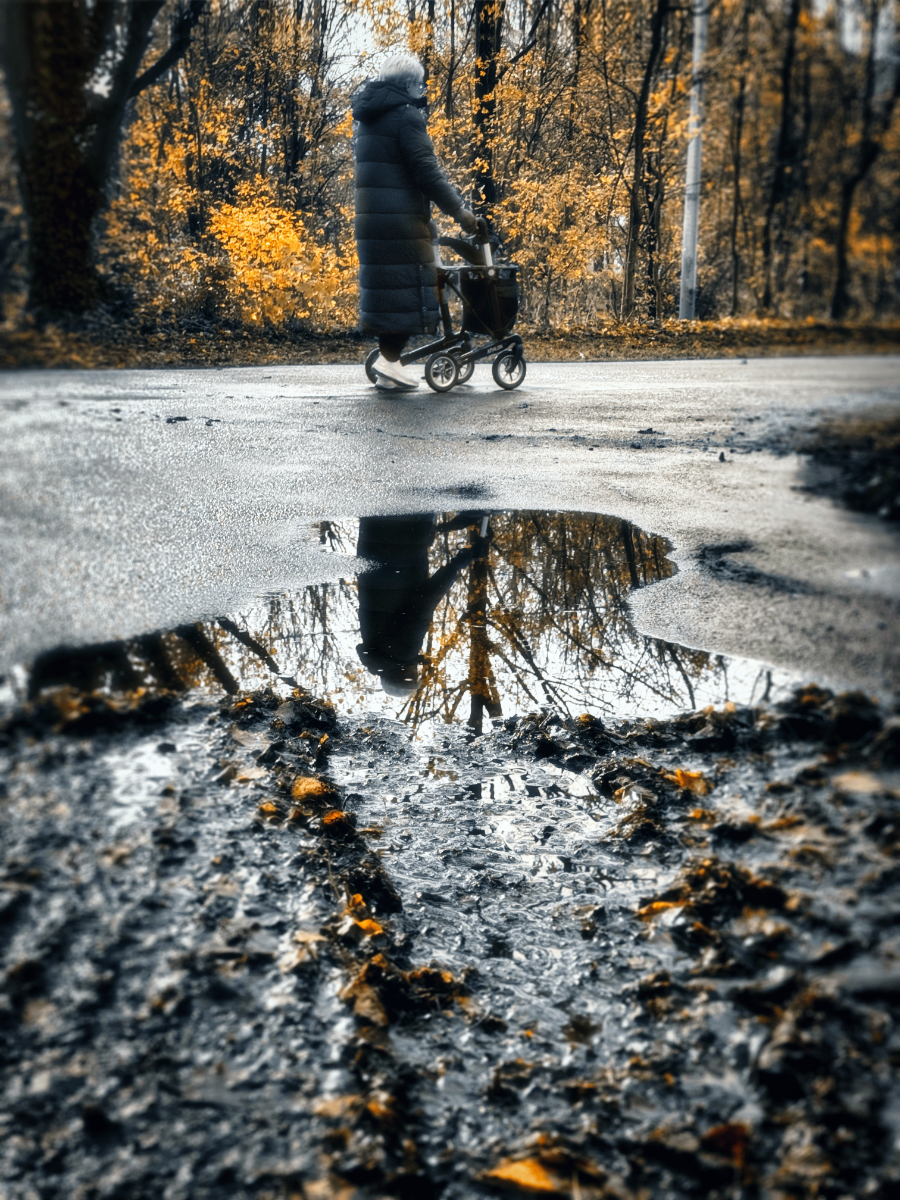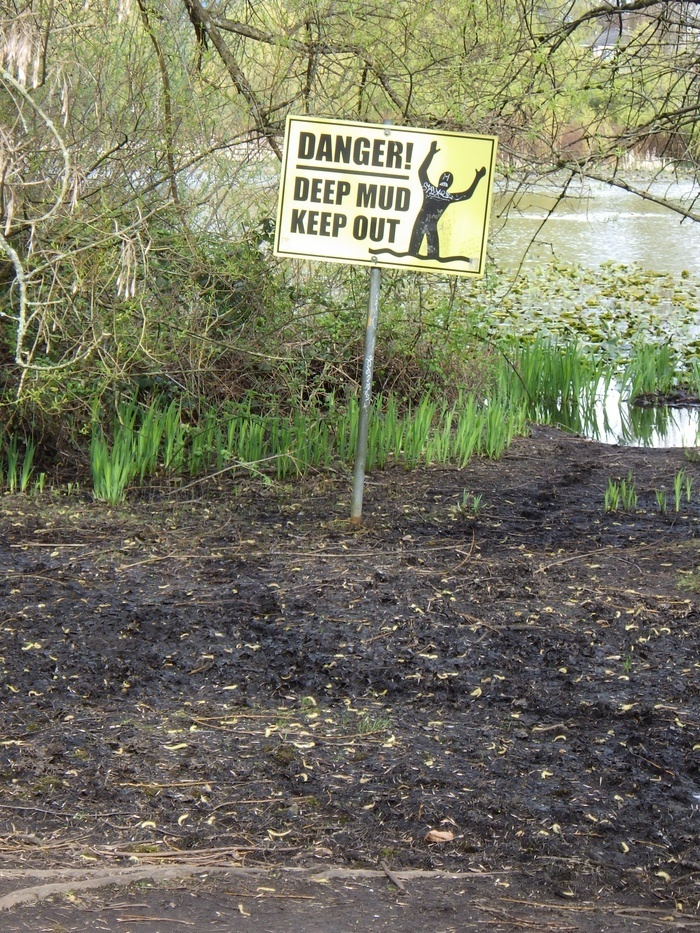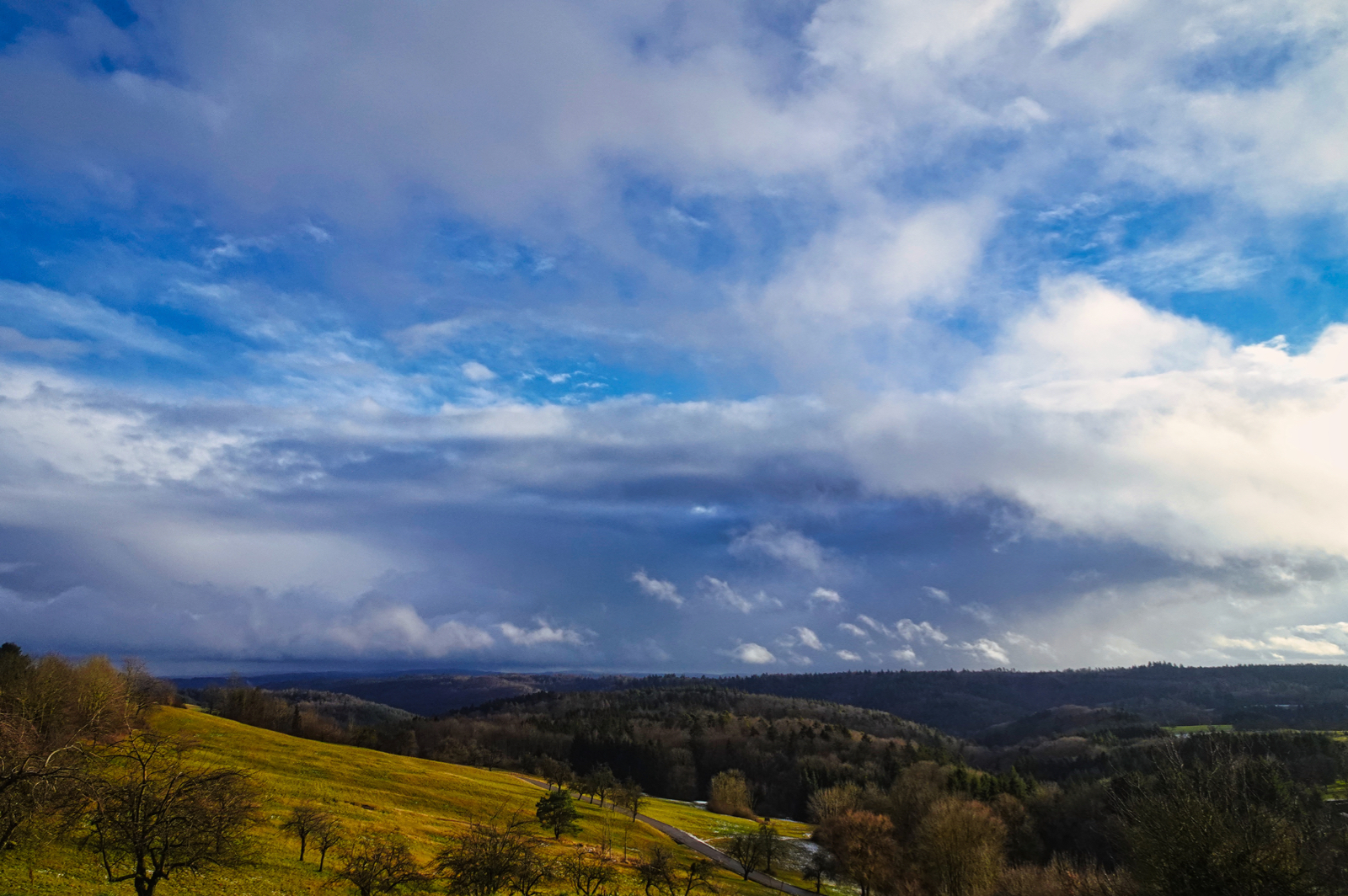#mud
can this be real? sealing grapes in an airtight container and putting them into the fridge will keep them fresh but not for months (believe me, i forgot ...) how should that work with sealed clay containers?
#afghanistan #lebensmittel #behälter
![]() Part_of You wrote the following post Tue, 05 Nov 2024 16:01:09 +0100
Part_of You wrote the following post Tue, 05 Nov 2024 16:01:09 +0100
In northern #Afghanistan, an ancient and surprising practice allows you to preserve the fruits of summer and early autumn for entire months, preserving their freshness until spring. Called #kangina, this technique allows the #grapes to be kept fresh until Nowruz, the Persian New Year, which is celebrated on the spring equinox. After all those months, the beans are still perfect. The practice is based on #mud, a mud rich in #clay that is molded into shapes that resemble a bowl: two of these shapes, after being filled with clusters, are joined together and sealed into a sphere, which is placed in the sun. until the mud is completely dry. A pair of these rustic bowls holds about 1 pound of ripe fruit: after being sealed, the clay balls are placed away from sunlight, in cool cellars, or even buried underground. The so-called kangina has been in practice for generations and generations, and probably dates back to 2000 years ago. However, it has been relatively little documented and studied.
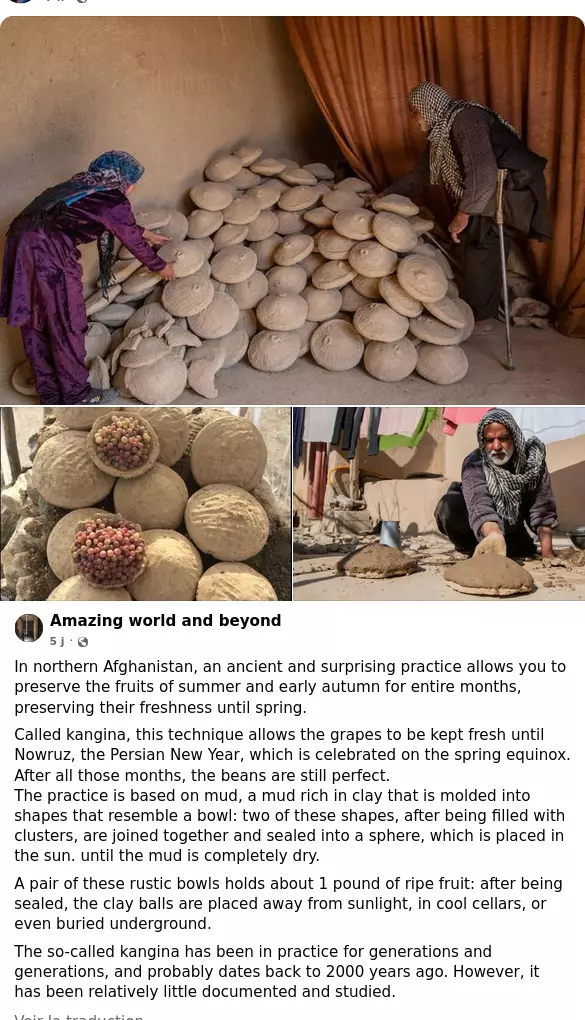
In northern #Afghanistan, an ancient and surprising practice allows you to preserve the fruits of summer and early autumn for entire months, preserving their freshness until spring.
Called #kangina, this technique allows the #grapes to be kept fresh until Nowruz, the Persian New Year, which is celebrated on the spring equinox. After all those months, the beans are still perfect.
The practice is based on #mud, a mud rich in #clay that is molded into shapes that resemble a bowl: two of these shapes, after being filled with clusters, are joined together and sealed into a sphere, which is placed in the sun. until the mud is completely dry.
A pair of these rustic bowls holds about 1 pound of ripe fruit: after being sealed, the clay balls are placed away from sunlight, in cool cellars, or even buried underground.
The so-called kangina has been in practice for generations and generations, and probably dates back to 2000 years ago. However, it has been relatively little documented and studied.
#Venezuela: o que te escondem - e o que verdadeiramente está em jogo - nas eleições
Por #YuriFerreira
Escrito en OPINIÃO el 25/7/2024 · 09:52 hs
As #eleições na #Venezuela no próximo domingo (25) são o grande tema da #política internacional da semana. Mas o #empobrecimento do #debate realizado no #Brasil sobre o país é verdadeiramente assustador.
Nas redes sociais e na #imprensa tradicional, a única questão que parece existir nessas eleições é: Maduro é ditador? Como vai ser a contagem de votos? Que linda a oposição venezuelana! Veja só como ele atacou o sistema eleitoral brasileiro...
Esse debate - amplamente capturado pelos interesses mais neoliberais - me parece infértil sob diferentes aspectos: se Maduro vencer, quem o questiona como ditador não aceitará o resultado das eleições.
Se Maria Corina Machado ganhar, a vitória contra a "ditadura" - que permite eleições competitivas - será celebrada pelos incautos ou interessados na derrocada da esquerda venezuelana.
Criticar Maduro por suas falas tiradas do contexto - como a do banho de sangue - é muito fácil. Outros criticam o presidente por sua aliança com a Igreja Universal. Outros, por ser "tosco".
Mas parece que, para essa esquerda - muito mais preocupada com aparências e validações de entidades internacionais - é muito difícil criticar Maria Corina Machado, cuja única plataforma é a #privatização #total da #Venezuela.
Maria Corina Machado, não se esqueçam, é signatária do Foro de Madri, organização privatista da #extrema #direita globa, que conta com Javier #Milei e Eduardo #Bolsonaro.
Então, para estes, vale de tudo pela institucionalidade? Vale implementar o neoliberalismo mais nefasto em troca da melhora de aparências?
A armadilha da vitória da oposição
O plano da Mesa de la Unidad Democrática é somente este: vender o país inteiro para os EUA, inclusive a estatal de petróleo #PDVSA.
Para fazer isso, pela #constituição do país, a #MUD precisaria de apoio para uma reforma constitucional na Assembleia Nacional e de apoio na Suprema Corte.
Não será possível, porque a câmara é dominada pelo #PSUV e a maioria dos membros do supremo venezuelano são chavistas.
Para isso, a Mesa de la Unidad Democrática, tão guapa e fragrante, terá que fechar o #Congresso, acabar com os movimentos sociais, e na prática, dar um #golpe de estado.
Ou seja: Maduro pode aceitar o resultado eleitoral perfeitamente. Ainda assim, para governar - leia-se vender a Venezuela -, a extrema direita terá que cruzar a linha da institucionalidade, tão prezada por parte do campo progressista brasileiro.
Se isso ocorrer, perceberão o erro que cometeram? Ou vão condenar o golpe que, na prática, apoiaram?
Dá pra criticar Maduro?
Mas é claro que dá. Opa!
Mas poucos o fazem pelos motivos certos.
Poucos o criticam por sua #política #econômica dos últimos anos, que expandiu as #privatizações no país e #diminuiu o papel do #Estado na #economia.
Poucos o criticam pela #dolarização da economia da Venezuela causada pela escalada #inflacionária. Maduro tem tentado controlar os papéis e adotado uma agenda mais pragmática para defesa da economia, o que tem causado #retrocessos em #direitos #sociais e #renda no país.
Poucos o criticam pela aliança com alas mais ao centro da política venezuelana que têm feito o governo ceder ao interesse de alguns setores econômicos e políticos.
Mas é isso que essa parcela da #esquerda brasileira faz?
Não. Os #sociais #liberais compram qualquer narrativa descontextualizada vendida pela imprensa golpista venezuelana que apoiou sucessivos #golpes à #democracia e a transformam em fato para tentar transformar Maduro em um monstro.
Uma das piores é recente, em que diversos jornais noticiaram a suposta censura a quatro sites opositores: três deles seguiam no ar e um nunca existiu.
Entre as #mentiras dos que querem transformar a Venezuela em paraíso #neoliberal e o risco de ficar mal na foto por defender a #soberania venezuelana, a segunda opção parece mais adequada.
Quem você escolhe entre o #vendilhão bonitinho e o #soberano "tosco"? A escolha não é muito difícil...
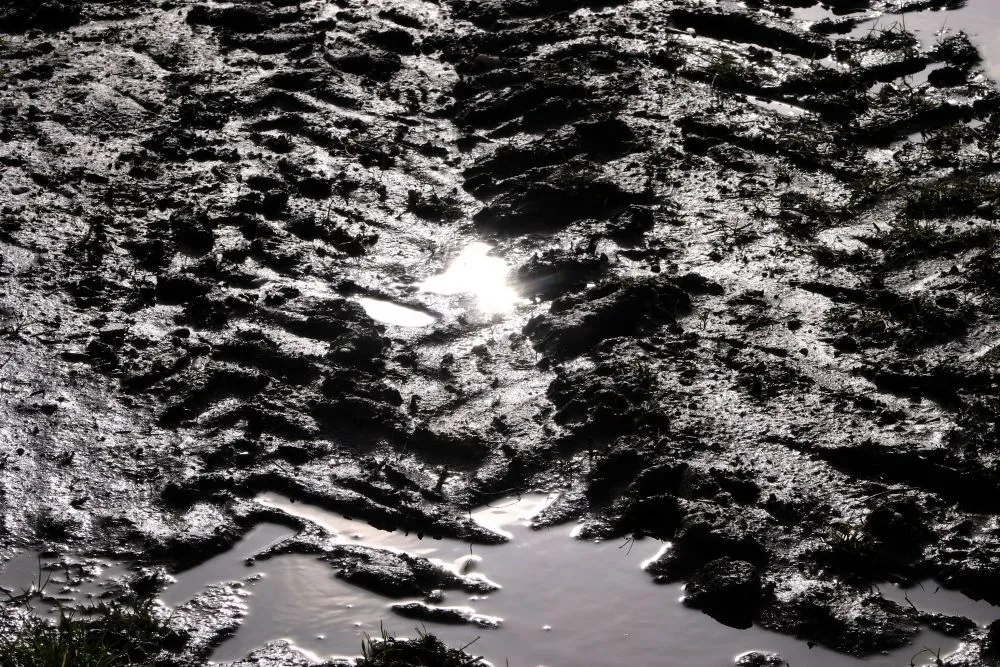
Muddy Water
am Westrich in Uerdingen (Krefeld), Februar 2015
Elvis Presley - I Washed My Hands In Muddy Water
#Schlamm #Krefeld #Niederrhein #Uerdingen #foto #photo #fotografie #photography
#gardening #mud
"In this Excellent Re-premier, #LeakProject #RexBear, @BurnEye The Crypto Alchemist, and Cambell from AutoDidactic channels do a deep Dive into #ancient #Tartarian #Maps, the theory of #Mud #FLood, looking at Different #Star #Forts #cathedrals, and Tartarian #Architecture "
#history
Source: https://youtube.com/watch?v=mA4khX4GM0Q


more wasp business. the exit of a tinyhouse (i assume used as the cap is removed. orrr maybe this is for storage? one for wasplings and the other for handy snacks? i have no idea.)
+
"it takes a village to raise a wasp"
#photo #insects #wasps #potter-wasps #mason-wasps #smol #very-smol #mud #construction #tinyhouse #myphoto #mywork

Strömungen / Streams
am Bergsee im Erholungsgebiet Schwafheim in Moers, Februar 2016
#Erde #Natur #Schwafheim #Niederrhein #Bergsee #Moers #foto #photo #fotografie #photography
#nature #mud
#bach #baeume #bergbau #brook #burgruine #creek #forest #hills #huegel #jux #kurzach #loewensteiner-berge #matsch #mining #mud #nassach #nassachbach #rain #regen #ruine #stollen #trees #tunnel #wart #warthof #wasser #water #wetzsteinstollen #winter #winterlauter #wolfsklinge
Originally posted at: https://schubladenerinnerungen.de/blog/2022/01/11/matschwanderung/

und noch ein Frosch
#photo #foto #photography #forest #meadows #mud #mywork #25-08-2021 [CC-BY-NC-SA 4.0]


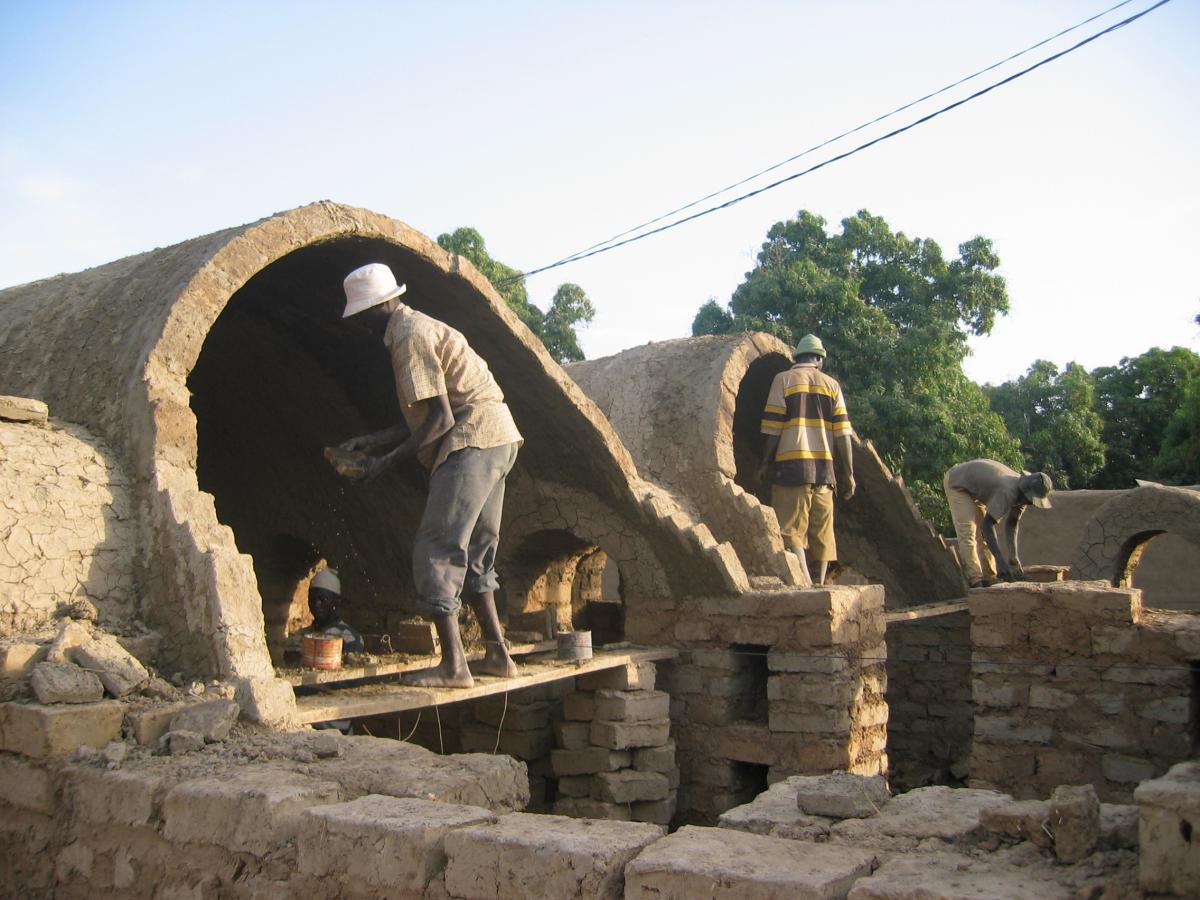

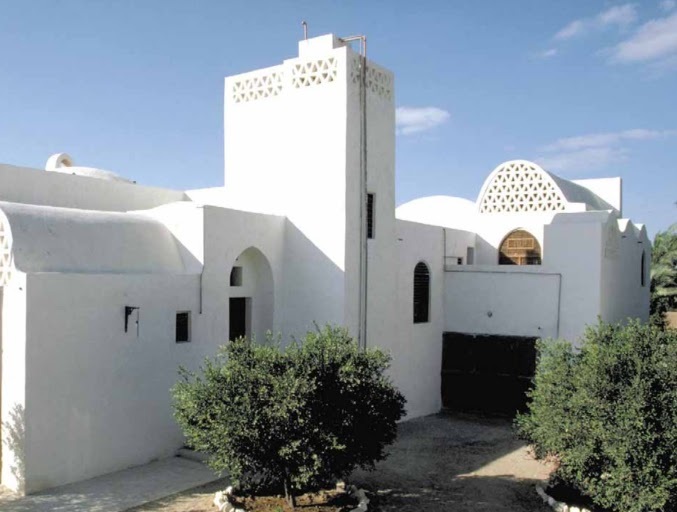
#HassanFathy #Egyptian #Architect #Engineer #Professor #Artist #Musician #Visionary #Inventor #Arab #Pioneer #Architecture #Mud #Brick #Adobe #Nubian #African #Building #Techniques #Earth #Vernacular #Design #Traditional #Culture #History #Egypt #Our #World
Hassan Fathy (1900 – 1989) حسن فتحي
Hassan Fathy, born in Alexandria, was a cosmopolitan trilingual professor-engineer-architect, musician, dramatist, and inventor. One of Egypt's most renowned architects. Fathy was recognized with the Aga Khan Award for Architecture Chairman’s Award in 1980.
He designed nearly 160 separate projects, from modest country retreats to fully planned communities with police, fire, and medical services, markets, schools, theatres, and places for worship and recreation. These communities included many functional buildings such as laundry facilities, ovens, and wells.
He utilized ancient design methods and materials, as well as knowledge of the rural Egyptian economic situation with a wide knowledge of ancient architectural and town design techniques. He trained local inhabitants to make their own materials and build their own buildings.
Hassan Fathy developed his own ideas, inculcating traditional Arab styles like the malkhaf (wind catcher), the shukshaykha (lantern dome) and the mashrabeya (wooden lattice screens). He designed complete communities including utilities and services, country retreats, special projects, and homes.
Hassan Fathy had already worked for decades in his beloved Egypt before he designed and built for the homeless community of Gourna, Upper Egypt,: which attracted international acclaim.
The old Gourna village was situated near archeological Pharaonic sites on the western shore of Upper Egypt. The Department of Antiquities commissioned Hassan Fathy to meet the challenge of providing a home for a poor community of 7,000 people. His solution differed drastically, not requiring the machinations of the established building industry of concrete and steel. For New Gourna he utilized natural resources using mud-brick, a signature of adobe architecture, and features of Egyptian architecture such as enclosed courtyards and domed vaulted roofing. He worked with the local people to develop the new village, training them to make the materials to construct their own buildings with. In this way, he was able to provide an environment specific to the inhabitants’ needs and revive decorative techniques that were quickly disappearing with the expansion of the Global Village.
Hassan Fathy's General Principles as Guidelines:
Belief in the primary of human values in architecture.
Importance of a universal rather than a limited approach.
Use of appropriate technology.
Need for socially oriented, cooperative construction techniques.
Essential role of tradition.
Re-establishment of national cultural pride through the act of building.
"How do we go from the architect/constructor system to the architect-owner/builder system? One man cannot build a house, but ten men can build ten houses very easily, even a hundred houses. We need a system that allows the traditional way of cooperation to work in our society. We must subject technology and science to the economy of the poor and penniless. We must add the the aesthetic factor because the cheaper we build the more beauty we should add to respect man." -Hassan Fathy
One of the most outstanding Arab architects of our time, a great inspiration ~

#Earth #Architecture #Berber #Islamic #Mud #Stone #Brick #Straw #Vines #Wood #Townhouse #Traditional #Design #Culture #History #Taroudant #Sous_Valley #Morocco #Maghreb #NorthAfrica #World
Berber Architecture
A Berber style townhouse, within the city walls of Taroudant, Morocco. The walls are a mix of mud and straw, traditional of 'Berber Architecture'.
Taroudant ~ تارودانت is a Moroccan city located in the Sous Valley.

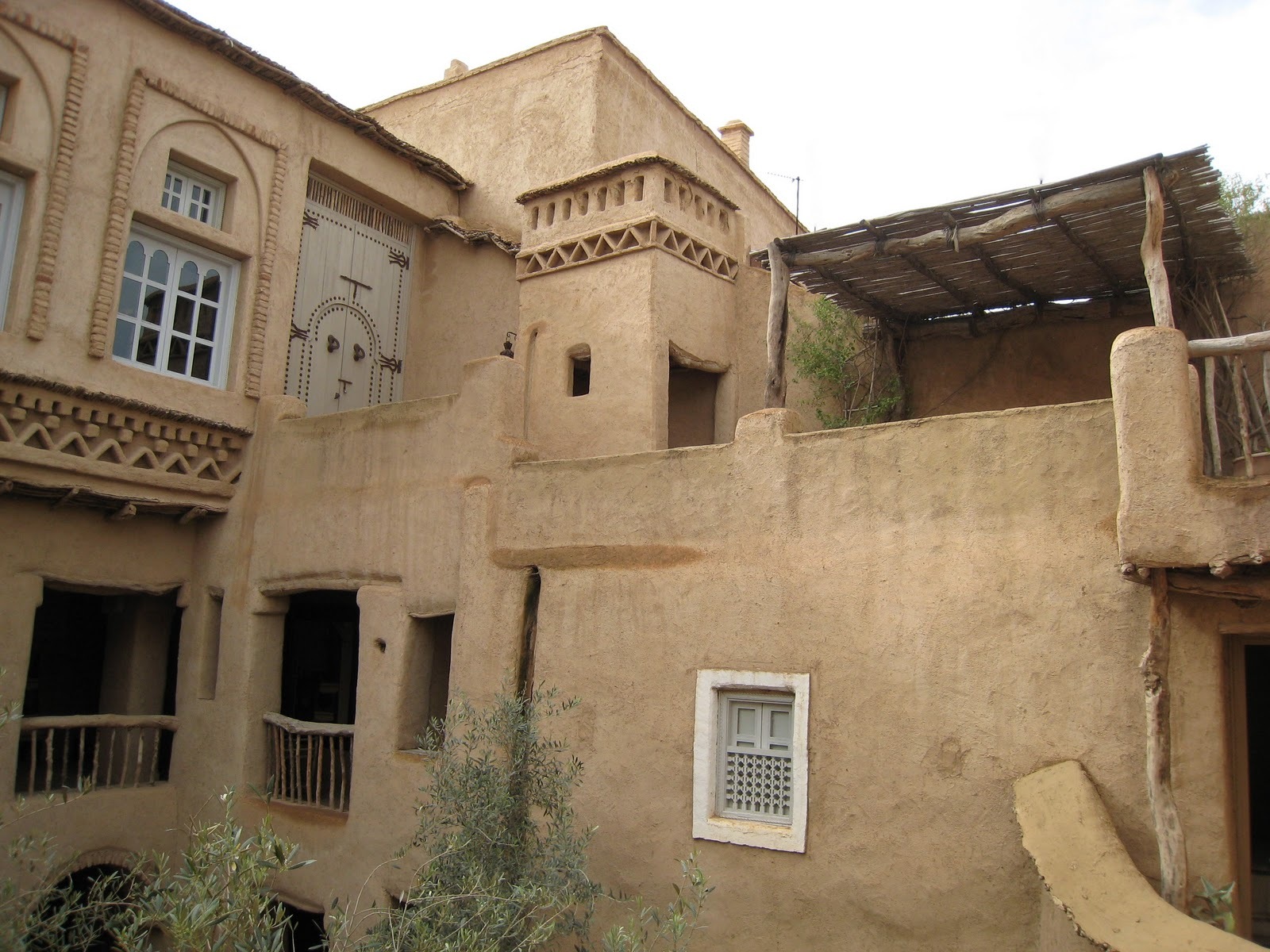

#Earth #Architecture #Berber #Islamic #Mud #Stone #Brick #Straw #Vines #Wood #Townhouse #Traditional #Design #Culture #History #Taroudant #Sous_Valley #Morocco #Maghreb #NorthAfrica #World
Berber Architecture
A Berber style townhouse, within the city walls of Taroudant, Morocco. The walls are a mix of mud and straw, traditional of 'Berber Architecture'.
Taroudant ~ تارودانت is a Moroccan city located in the Sous Valley.
